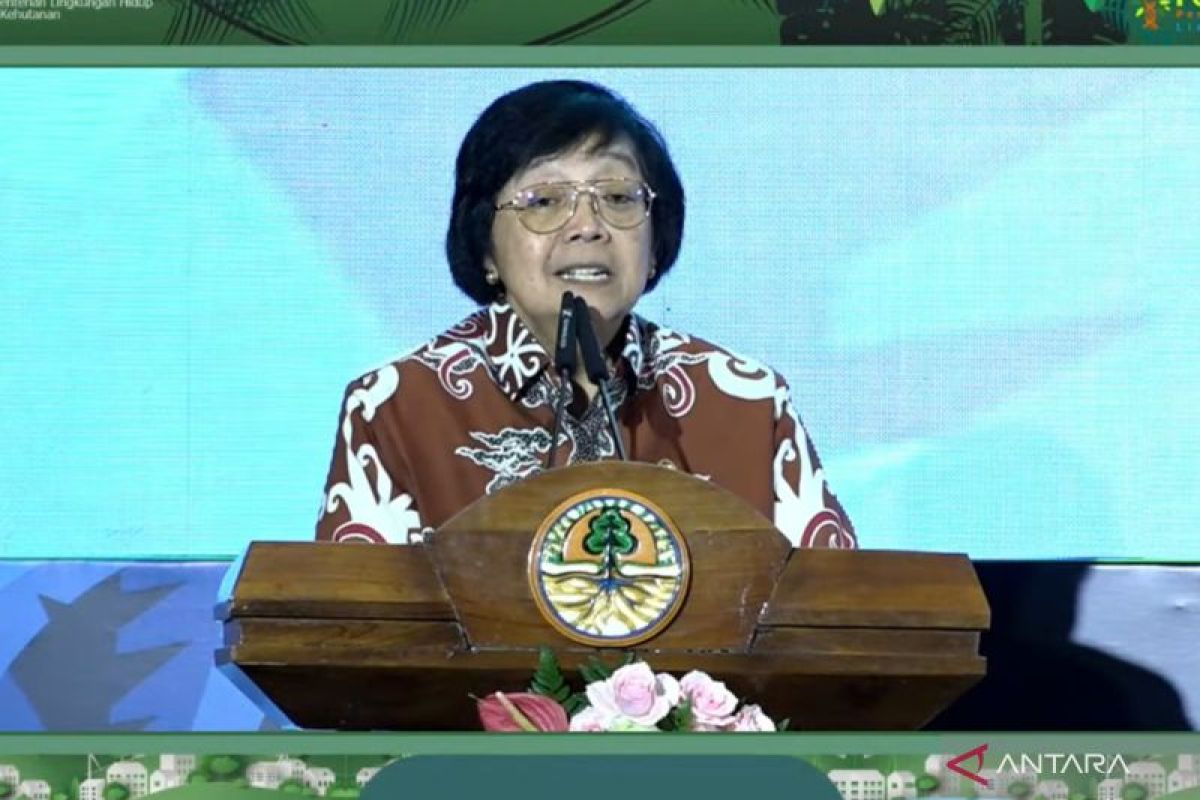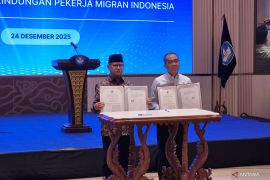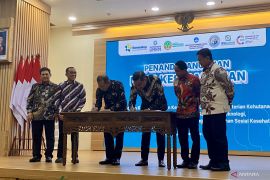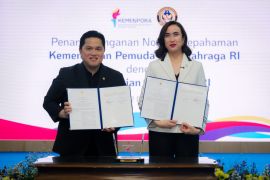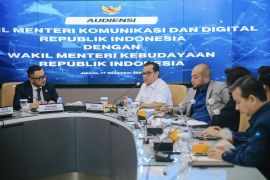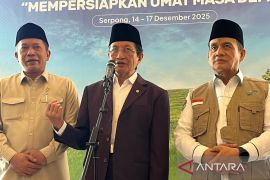"The merger of two ministries -- between the Ministry of Environment and the Ministry of Forestry in October 2014 -- was an important turning point in the history of environmental management in Indonesia," the minister affirmed.
Nurbaya made this statement at the opening of the 2024 Environmental Control Festival, titled "Overcome Pollution and Restore the Environment," here on Tuesday.
The minister remarked that through the merger of the two ministries, Indonesia had succeeded in improving the environment earlier affected by various problems, such as human-caused environmental damage.
Nurbaya believes that such turning point was a plan designed to reverse the decline in organizational performance by identifying the root of the problem and implementing changes to address it.
The minister believes this turning point could restore the organization's performance and growth.
She further stated that the merger of the two ministries was a milestone in environmental management in Indonesia, as it was supported by several strategies.
These strategies encompass steps for making a diagnosis, restructuring, improving operations, repositioning roles, leadership and culture, as well as monitoring and adaptation.
The minister expressed optimism that good environmental management in the country would continue to be maintained if all related parties ensured the sustainability of the policies, programs, and implementation carried out by the ministry.
Nurbaya also showed evidence of the government's success in environmental management, including the restoration of peat ecosystems.
The minister noted that this restoration could be achieved owing to several steps taken in regulatory settings, consistency in guidance, supervision, and law enforcement.
Another step that accelerates restoration is the use of knowledge by involving universities in finding solutions as well as involving companies and local communities.
The minister emphasized that these efforts had succeeded in debunking the myth that damaged peat ecosystems cannot be restored.
"These efforts have dispelled the myth that damaged peat ecosystems cannot be restored," she remarked.
"Efforts that make peat restoration successful are efforts supported by policy, methodological strength, technology, and strong commitment. The capacity of the ranks and staff to analyze the situation also drives this success," Nurbaya stated.
Related news: Ministry formulating regulation on environmental protection plan
Related news: KLHK prepares environmental management instruments
Related news: Behavioral change vital to eliminate single-use plastic: ministry
Translator: Tri Meilani Ameliya, Katriana
Editor: Azis Kurmala
Copyright © ANTARA 2024
